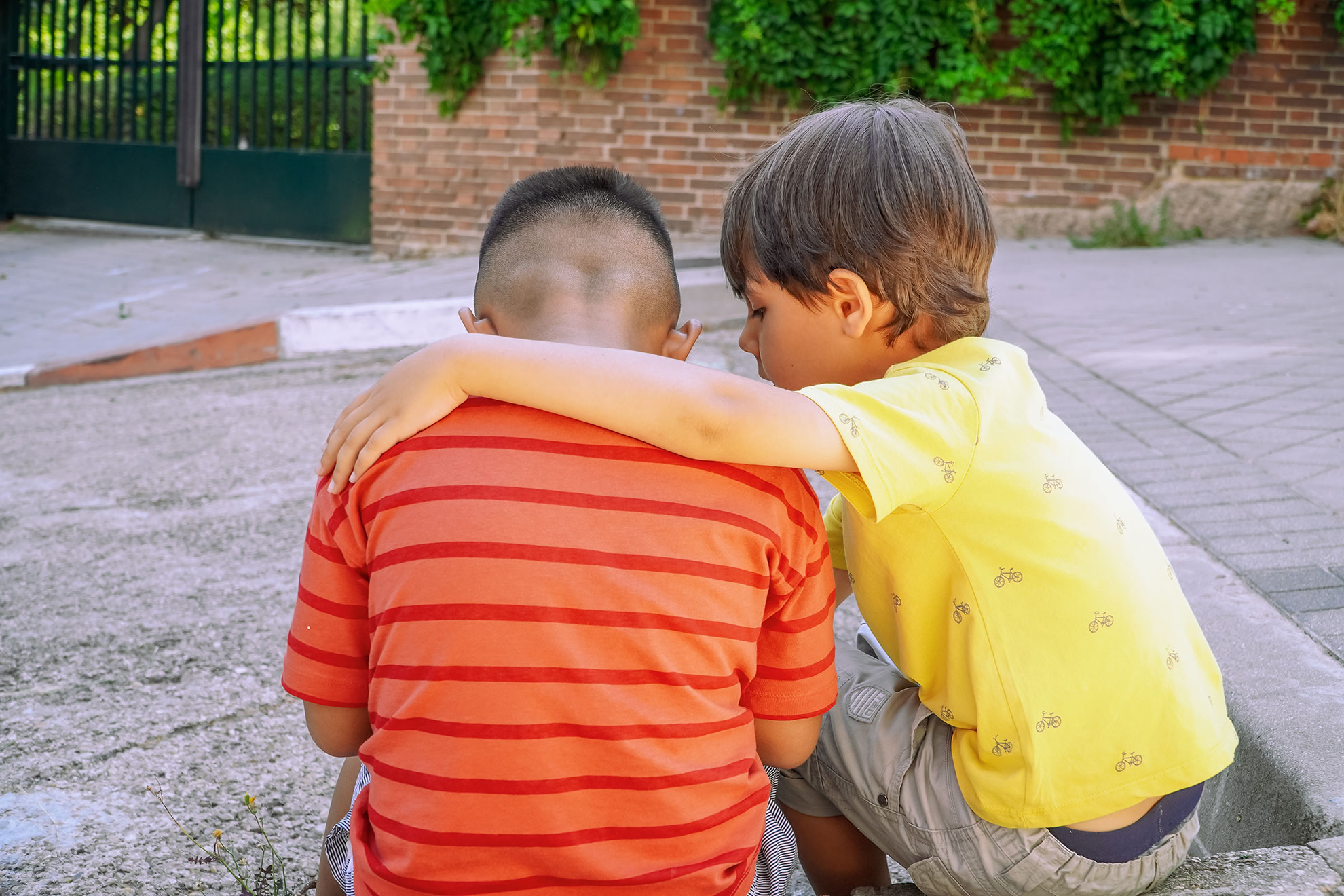
"The idea that our moral capacities are fixed seems to be deep in the American psyche. At family gatherings, in the playground or classroom, children are often labeled "good" or "bad." Many Americans are even more inclined to see adults' moral qualities as set in stone. But research indicates that both children and adults have a great capacity for moral growth, and the cost of assuming their morality is fixed is high."
"When it comes to moral development, we need to adopt what psychologist Carol Dweck calls a "growth mindset:" a belief in our own capacity, and the capacity of the children we interact with, to continually become more able to be and do good. A child may struggle to share, but that doesn't mean they're selfish. It means they're not able to share yet and they need support and guidance in developing this ability."
Belief that moral capacities are fixed is common, but research shows both children and adults have great capacity for moral growth. Labeling children as 'good' or 'bad' can lead to fulfilling negative expectations. Adopting a growth mindset supports development of caring, generosity, honesty, and justice. Parents and adults should model care, respect, and fairness, guide children to consider multiple perspectives on moral dilemmas, and help manage emotions. Parents can improve moral development by acknowledging and discussing their own mistakes, providing support and guidance when children struggle with behaviors like sharing.
Read at Harvard Gazette
Unable to calculate read time
Collection
[
|
...
]